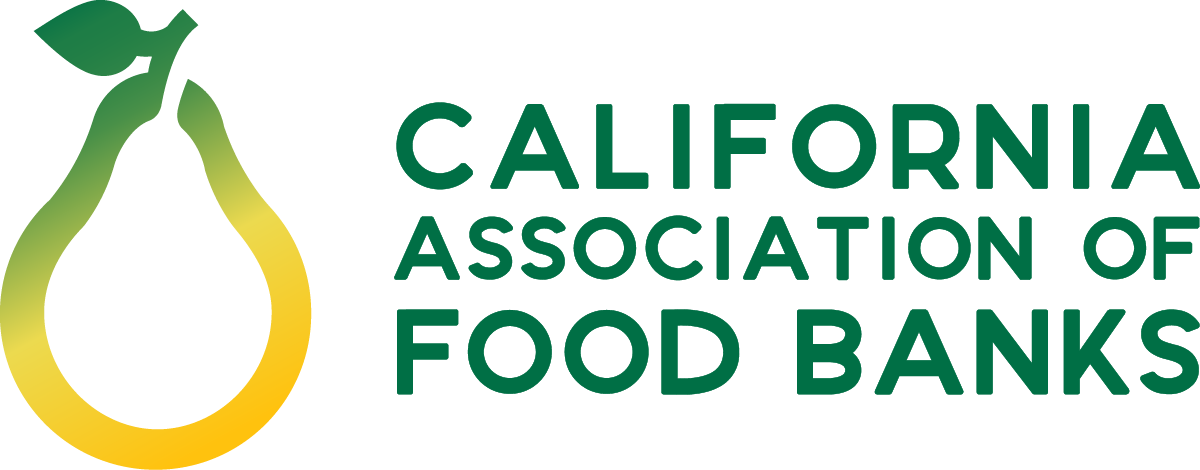The California Association of Food Banks undertakes a robust state-wide policy agenda to support our 42-member food banks as well as advocates for policies that enhance our food systems and nutrition safety net.
Emergency Food Disaster Resilience: $32 million one-time (Factsheet)
- Disasters are the new normal across the state, and immigrants, farm workers, and other low-income Californians experience disproportionate consequences. Whether fires or earthquakes, or man-made crises like the 2019 federal shutdown and public safety power shutoffs, food banks are on the frontlines responding to the need of food, and remaining long after disaster strikes struggling to keep California healthy and well-fed.
COVID-19: $96 million for one-time emergency food
From day one of COVID-19, food banks have been at the forefront responding to the growing need of our communities. State funding is needed not only because of a lag in federal support, but because if is providing a resource ideal for this moment. The State-supplied boxes of prepackaged, shelf-stable foods increase food supply while minimizing internal logistics, alleviating workforce burden, and supporting social distance at distributions.
End Poverty & Food Insecurity in SSI/SSP (Factsheet)
- End great recession era cuts to SSP: Since 2009, state budget cuts have forced poverty and hardship on the 1.2 million Californians who rely on SSI/SSP for basic needs. We must raise SSP grants and immediately restore the Cost of Living adjustment. Fulfill the promise of CalFresh expansion to SSI recipients: the 2018-19 budget ended the 45-year exclusion from CalFresh for SSI/SSP recipients, and funded the Supplemental & Transitional Nutrition Benefits. But this work is incomplete.
- New data report – The SSI/SSP Grant: A Critical Support for Older Women and People of Color in California Left Behind by the Labor Market and State Policy (by California Budget and Policy Center with support from California Association of Food Banks, February 2020)
Improve CalWORKs: Help Families Exit Poverty
- Restore the cumulative lifetime 60-month time limit for adult CalWORKs recipients.
- Fulfill the 2018 Budget Act’s agreement to lift all families to 55% of the federal poverty level.
Greenhouse Gas Reduction Fund (GGRF): $100 million for CalRecycle
- Expand funding for CalRecycle’s successful and oversubscribed Food Waste Prevention and Rescue Grants which reduce methane emissions and fight hunger by diverting food to those in need.
- Support emergency food providers to meet the climate goals that require 20% of edible food to be diverted to people (SB 1383 – Lara, 2016) while reducing green waste (AB 1826 – Chesbro, 2014).
Expand CalEITC to ITIN Filers
- End exclusions for otherwise eligible immigrant Californians by allowing those with a federally assigned Individual Taxpayer Identification Number to claim the CalEITC and the Young Child Tax Credit.
